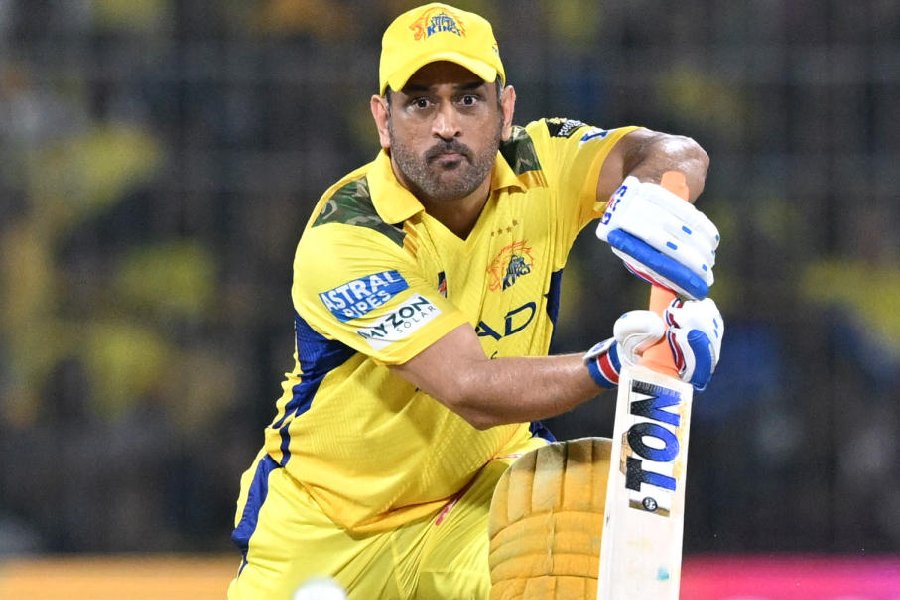Performance on the field usually dictates the perks of players in cricket. But the Indian Premier League is known to be a different beast for a reason: perks, it appears, are contingent upon not so much the power of the bat but the power of the brand in the IPL. This hypothesis is borne out, ironically, by the dilemma that confronts the Chennai Super Kings; the name of the dilemma, incidentally, is Mahendra Singh Dhoni. The former Indian captain has been far from his best in this season of the IPL; he has scored a little over 100-odd runs in five innings. Yet, he cannot be dropped from the side, such is the magnetic pull of Mr Dhoni’s brand for CSK’s fans, sponsors and, consequently, the franchise. Relevant data tell this story well. CSK, the Houlihan Lokey report on IPL evaluations suggests, has the highest brand value among the IPL’s competitors. This can be attributed partially to the team’s consistent performance in this competition; Mr Dhoni’s brand powers much of CSK’s appeal among sponsors and fans. So much so that the 43-year-old cricketer is pivotal to not only the team’s fan engagement endeavours, CSR initiatives and branding strategies but also — this is of great importance — to the franchise’s success with sponsors and revenues. A CSK team sans Mr Dhoni the cricketer is thus inconceivable.
The CSK would need someone to fill the colossal shoes of Mr Dhoni the cricketer in the near future. After all, he is getting on in years and is no longer the batsman he used to be. But it is unlikely that Mr Dhoni the brand will be allowed to call it a day by the franchise. His dazzling legacy will be enough for CSK to continue minting money on the back of his brand. Two inferences can be drawn from this example. First, cricket, despite being a team sport, remains susceptible to the personality cult. Second, even retired players can have an afterlife — not as an active cricketers but as lucrative brands. This is certainly an outcome of cricket’s cosy and lucrative relationship with the market.









